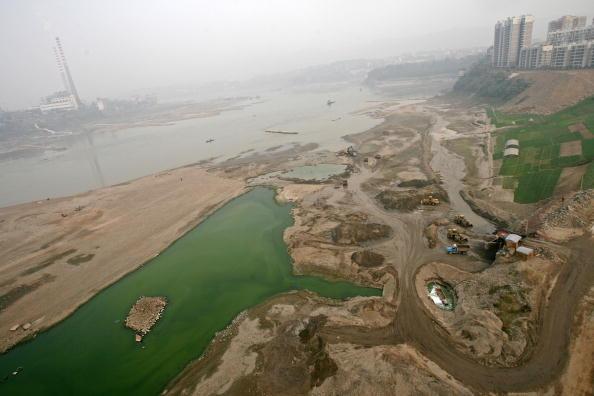Illegal sand mining in the Yangtze River has continued unfettered despite the fact that Chinese authorities have banned it many years ago.
Two illegal sand dredges—each loaded with about 700 tons of sand—were captured by Chinese authorities in the Hannan district of Wuhan City, Hubei Province, off the coast of the Yangtze River, on March 28.




